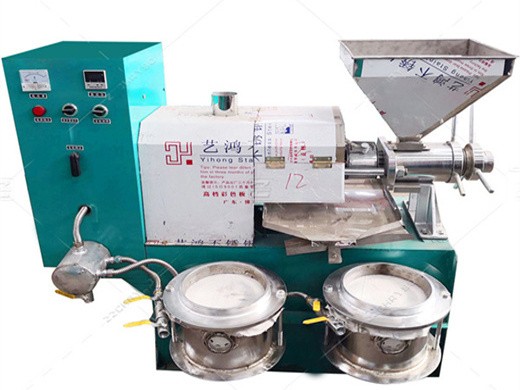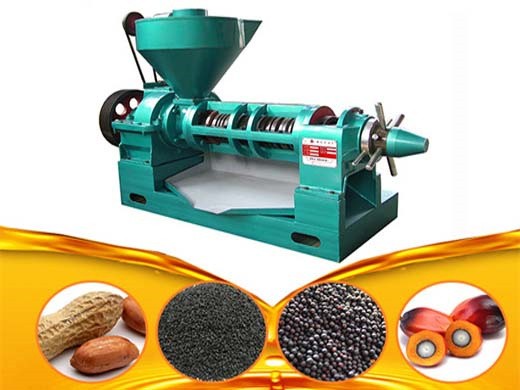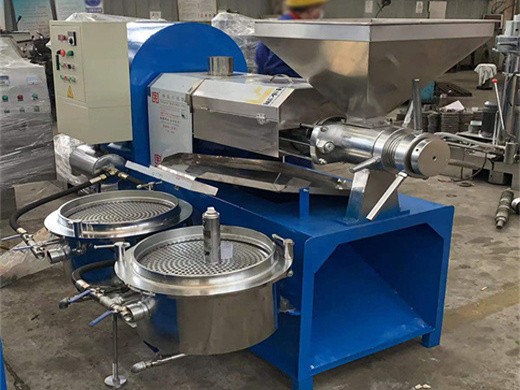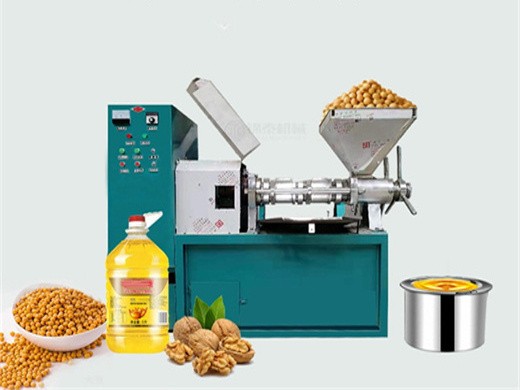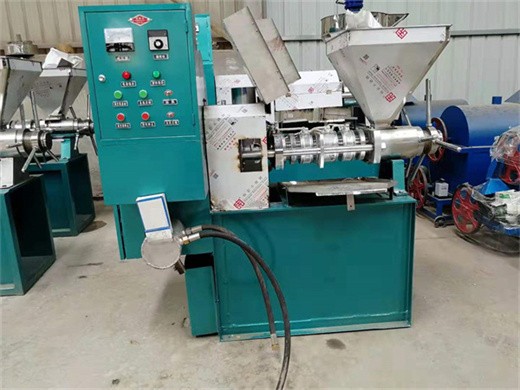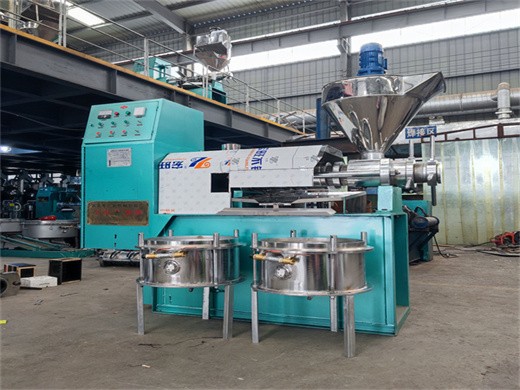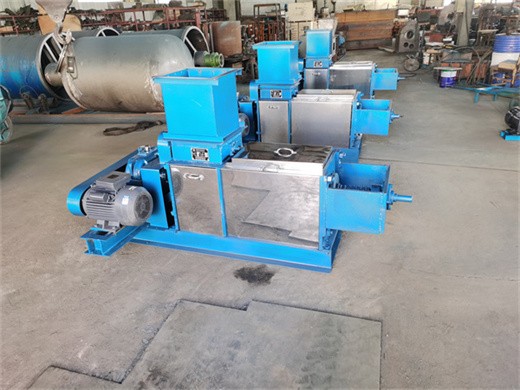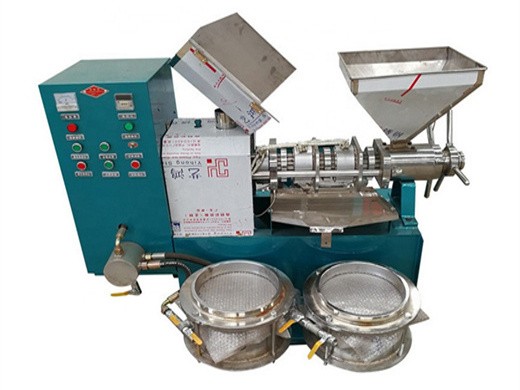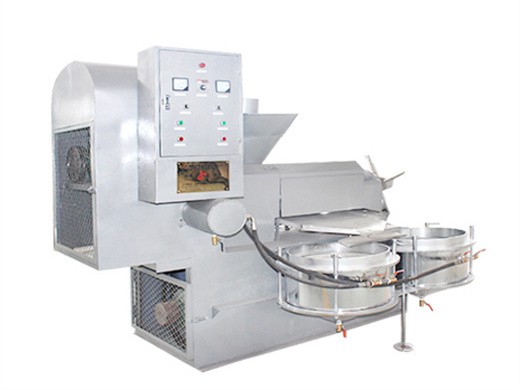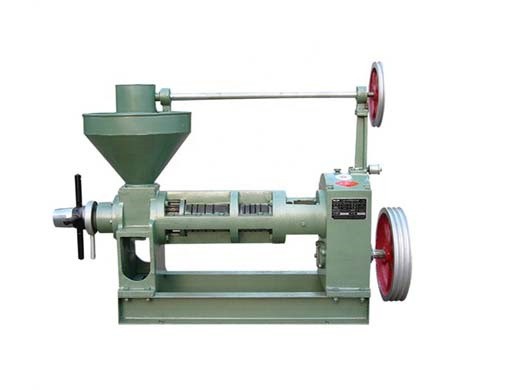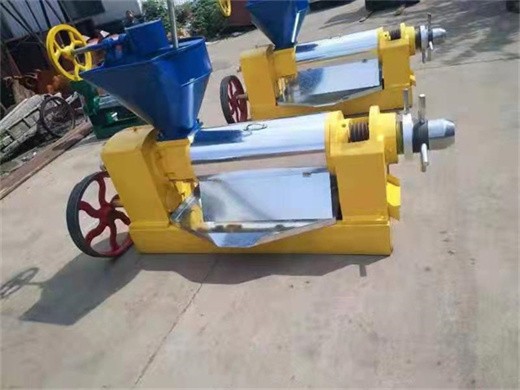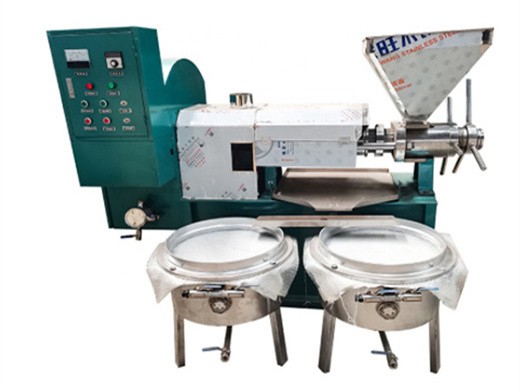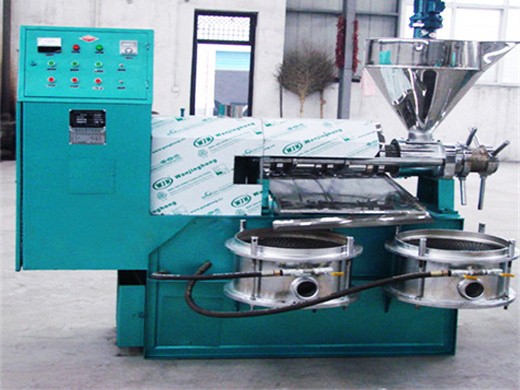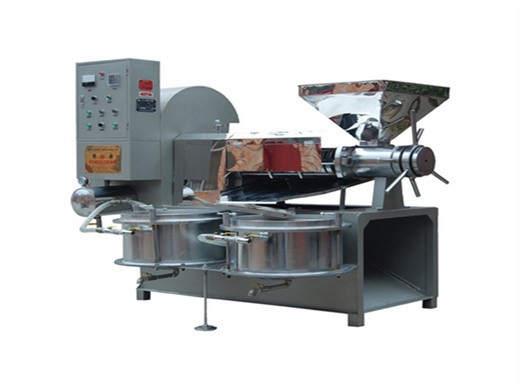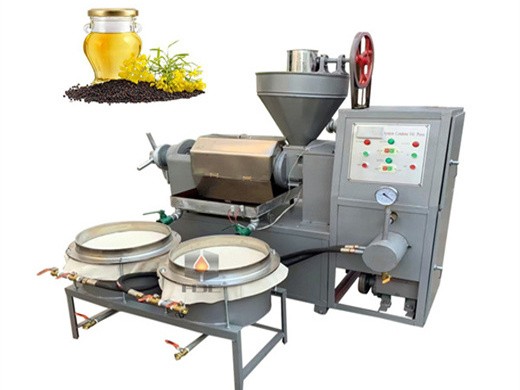Edible oil filtration / filtration of vegetable oils
Edible oil filtration / filtration of vegetable oils and fats. Filtration is a key process step in the edible/vegetable oil industry. The presence of gums, slimes and gels requires experience in filtration. Knowledge in combination with creativity is the key to success in solving filtration problems.
Filtration is a key process step in the edible/vegetable oil industry. The presence of gums, slimes and gels requires experience in filtra-tion. Knowledge in combination with creativity is the key to success in solving filtration problems. MAHLE has more than 50 years ex-perience in filtration of edible oils. More than 5000 filters have been sold to the edible oil industry so far.
Edible oil filtration: cellulose-based filter aid - JELU-WERK
Clear edible oil: high demand on filtration. Phospholipids and waxes are a minor component of vegetable oils. They can cause the edible oil to become cloudy during longer periods of storage or when stored at lower temperatures. Even though the turbidity doesn’t pose any risk to health, many consumers consider it to be a sign of degradation.
Filtration of edible oil/vegetable oils and fats. Filtration is a key process step in the edible/vegetable oil industry. The presence of gums, slimes and gels requires experience in filtration. Knowledge in combination with creativity is the key to success in solving filtration problems.
Does Micronics Offer Filtration Solutions for Edible Oils
Edible oils cover a very wide range of oil types obtained from various seeds, grains, and nuts. They may be rich in a variety of nutrients – including omega-3 fatty acids and antioxidants, depending on the specific oil – and include saturated, monounsaturated, and polyunsaturated oils. A partial list of edible oils is listed below: Coconut oil
Edible Oil Proper filtration is one of the key elements in the production of high quality vegetable oils. The selection of a filtration system is based on the type of oil, the type of contaminant to be removed and the required end product.
Edible Oils » SEAWARD GLOBAL
Edible Oils. Specialized filtration solutions applicable to palm oil & associated products, fats, shortenings, vegetable oils, soybean oils, etc. Common uses & goals: high sparkling-clarity oils, part of RBD process of palm oil, downstream filtration of oleo chemicals, etc.
Typically, edible oils and fats, ranging from soybean and palm oils to edible lard and beef tallow, are extracted together with impurities in various quantities. Many of these impurities have to be removed from the oil to achieve the high quality oil standards necessary for edible applications.
Optimization of Bleaching Process - American Oil Chemists
Typically, edible oils and fats, ranging from soybean and palm oils to edible lard and beef tallow, are extracted together with impurities in various quantities. Many of these impurities have to be removed from the oil to achieve the high quality oil standards necessary for edible applications.
Edible Oils. Specialized filtration solutions applicable to palm oil & associated products, fats, shortenings, vegetable oils, soybean oils, etc. Common uses & goals: high sparkling-clarity oils, part of RBD process of palm oil, downstream filtration of oleo chemicals, etc.
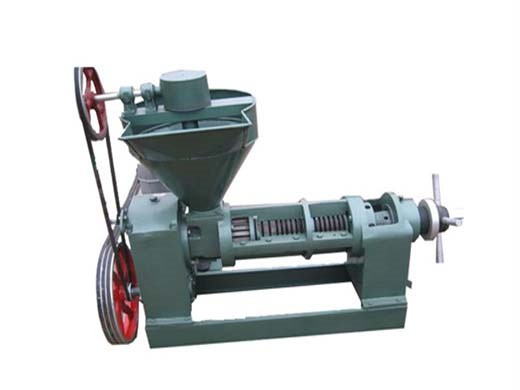
Ultrafiltration of vegetable oils | Request PDF
Ultrafiltration of vegetable oils. Vegetable oil filtration using membrane has been reported by several studies Membrane separation in edible oil processing is a potential area for energy
GET PRICE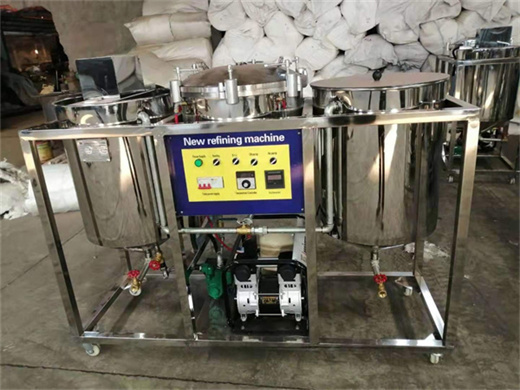
EDIBLE VEGETABLE OIL FACTS - Brain Foods NG
Cold pressed edible vegetable should therefore,be chosen in preference to refined edible vegetable oil. The consumption of cold-pressed oils may improve human health and may prevent certain diseases. Facts about edible vegetable oil. Some unrefined edible vegetable oils may still contain additives
GET PRICE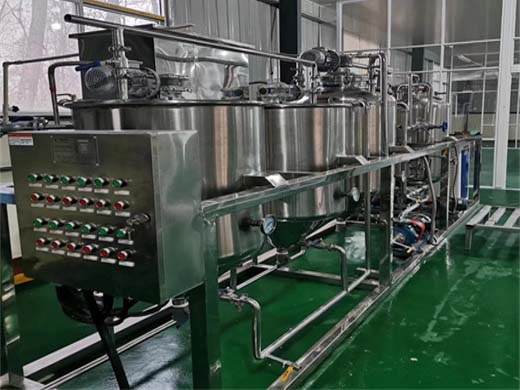
Dry degumming of vegetable oils by membrane filtration
TY - JOUR. T1 - Dry degumming of vegetable oils by membrane filtration. AU - Koris, Andras. AU - Vatai, Gyula. PY - 2002/9/10. Y1 - 2002/9/10. N2 - Phospholipid removal from crude soybean and sunflower-seed oil by membrane filtration was studied in this paper.
GET PRICE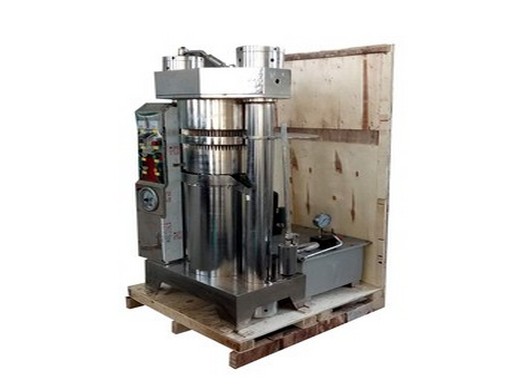
Dry degumming of vegetable oils by membrane filtration
The price of a membrane apparatus is expensive, but because of it's low energy consumption the costs are gaining back quite fast [3,4]. 2. Membrane filtration in vegetable oil refinig Membrane filtration is primarily a size-exclusion based pressure-driven process. It separates different components according to the molecular weights or particle
GET PRICE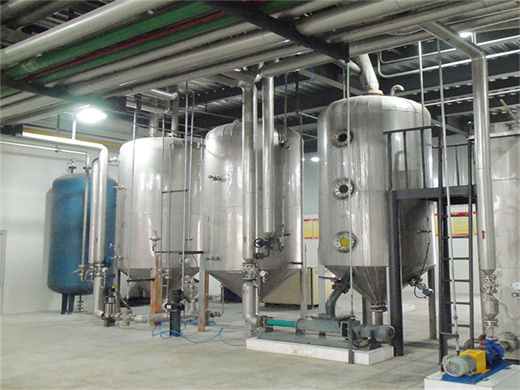
Degumming of vegetable oil by membrane technology
technology for refining crude vegetable oils has been documented recently4.8. Koseoglu4.6 reviewed applications of membrane technology in oil processing and also conducted a pilot plant study for degumming of crude vegetable oil by membrane technology. Bhowmick et al.7 has proposed degumming of rice bran oil using ceramic membrane.
GET PRICE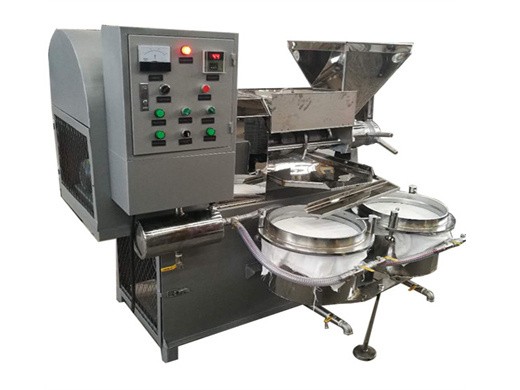
Dewaxing Process, Oil Dewaxing Process, Sunflower Oil
Use our Tinytech Crystallizers to remove High – Melting Fractions with Special Filtration. Steps for Dewaxing of Vegetable Oils. Crude oil is refined and bleached to low phosphorus (<1ppm) and low moisture content (<0.1%). The oil is heated to 55˚C to make sure the oil is fully liquid.
GET PRICE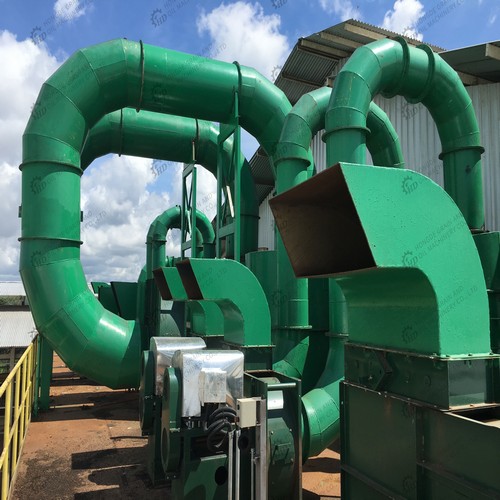
Vegetable Oil Filtration | WVO Filtration
Vegetable Oil Filtration is a crucial step to fueling your vehicle with WVO or SVO – waste or straight vegetable oil. Vegetable Oil Filtration can be time consuming, expensive, and messy without the right equipment or know how.
GET PRICE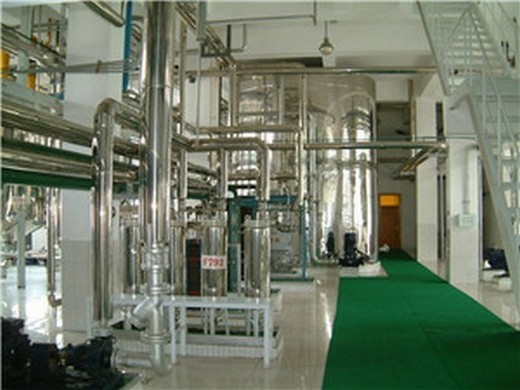
EDIBLE VEGETABLE OIL FACTS - Brain Foods NG
Facts about edible vegetable oil. Some unrefined edible vegetable oils may still contain additives; The thermal treatment involved in edible vegetable oil refining activity produces Trans Fatty Acids (TFA). Trans Fatty Acids (TFAs) reduce the fatty acid anti coagulants thereby contributing to the formation of plagues in the arteries.
GET PRICE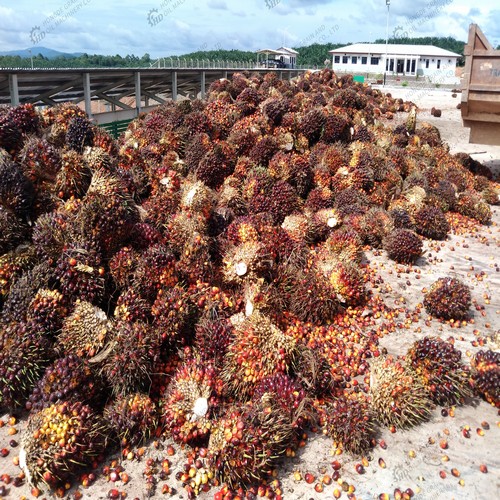
Solid particle filtration in waste vegetable oil and fats
Solid particle filtration filteradmin 2024-11-04T14:34:08+00:00 Solid particle filtration In systems for removing sludge or filtering solid particle s from waste vegetable oils, or removing impurities and contaminants from spent plant fats manufactured by Filtereco, the best components in the world are used to ensure excellent primary and
GET PRICE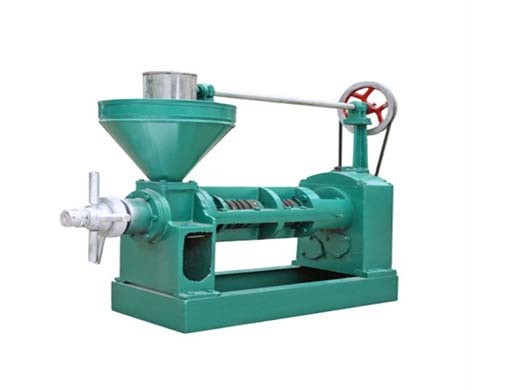
sunflower oil refining oil (vegetable) – Edible Oil Press
Professional Oil Refining Plant for Edible / Vegetable Oil Oil Dewaxing Section of the Oil Refining Plant. Oils like sunflower oil or maize germ oil (corn germ oil) have waxes present in them. At low temperatures these waxes give a hazy appearance to the oil. It is therefore essential to remove these waxes prior to bottling and marketing of the oil.
GET PRICE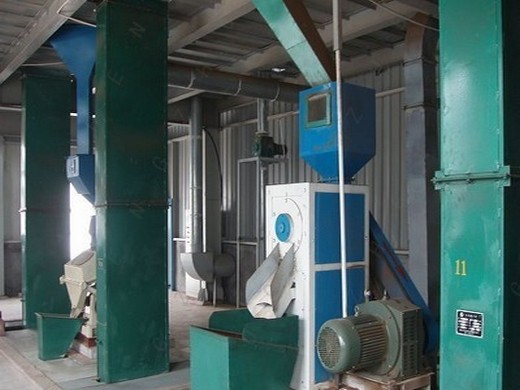
Mitigation Strategies for the Reduction of 2‐ and 3‐MCPD
From these, 16 papers dealt with palm oil, and the remaining two did not refer to palm oil but more generally to vegetable or edible oils. This preference towards palm oils is because they contain the highest concentration of 3‐MCPD‐E and related compounds, thus there is an acute need for reliable mitigation strategies for this type of oil.
GET PRICE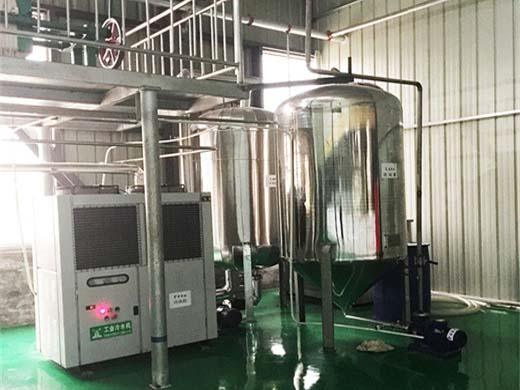
Dewaxing Process, Oil Dewaxing Process, Sunflower Oil
Use our Tinytech Crystallizers to remove High – Melting Fractions with Special Filtration. Steps for Dewaxing of Vegetable Oils. Crude oil is refined and bleached to low phosphorus (<1ppm) and low moisture content (<0.1%). The oil is heated to 55˚C to make sure the oil is fully liquid.
GET PRICE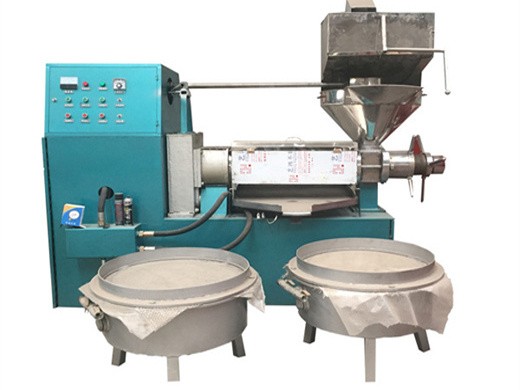
VEGETABLE OILS IN FOOD TECHNOLOGY: Composition, Properties
Edible Oil Processing Edited by R.J. Hamilton and W. Hamm 1.2 Vegetable oils—production, disappearance and trade 3 1.2.1 Soybean oil 7 4.2.1 Nature of edible oils and fats 99 4.2.2 Fatty acid composition of canola oil 100 4.2.3 Minor fatty acids 101
GET PRICE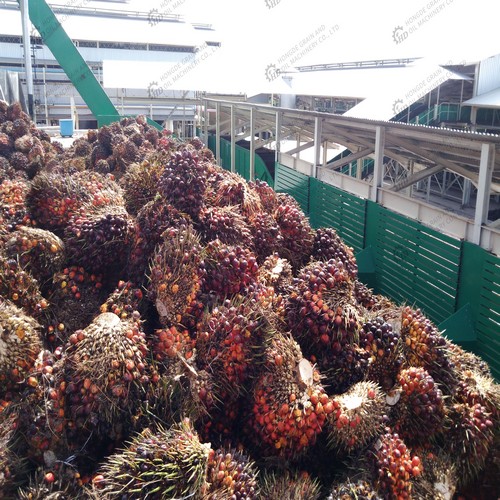
Neutralization Process, Oil Neutralization, Crude Oil
Second Stage of Vegetable Oil Refining Process Neutralization or simply Neutralizing is the second process in the vegetable oil refining which commences after degumming completion. The feedstock is taken into the Neutralizers where the heating temperature range is kept at 55 C to 70 C depending on the quality of crude oil.
GET PRICE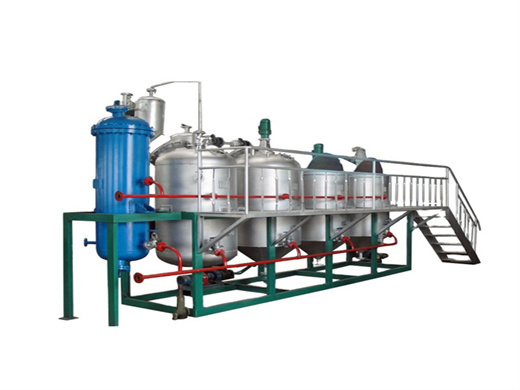
Chapter 5 : Processing and refining edible oils
Processing can remove the components of edible oils which may have negative effects on taste, stability, appearance or nutritional value. To the extent possible, processing should preserve tocopherols and prevent chemical changes in the triacyglycerols. Rural vegetable oil production
GET PRICE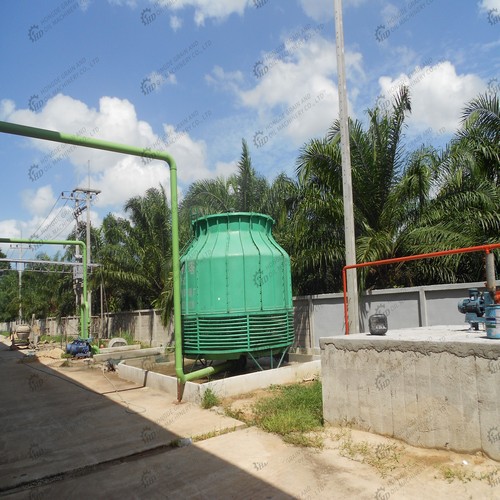
Oil purifier filter, Oil particles Separator, Oil refiner
You can see Separation of particles in the vegetable oils up to 2 microns with an oil purifier Model OFM1L. Transparency of edible oils and vegetable oils is only by particle separation in the oil.
GET PRICE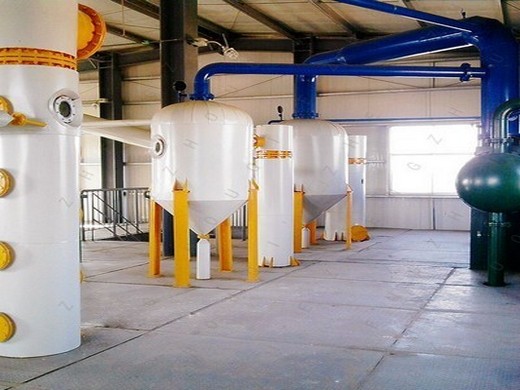
Filtration plants, oil separation, particles removing
FILTRATION AND DECONTAMINATION OF OILS, EMULSIONS AND FUELS: SYSTEM DESIGN AND CONSTRUCTION, CONSULTANCY. Filtereco is an innovative company that deals with the filtration and decontamination of vegetable, hydraulic and mineral oils, oil emulsions, fuels and other industrial fluids.
GET PRICE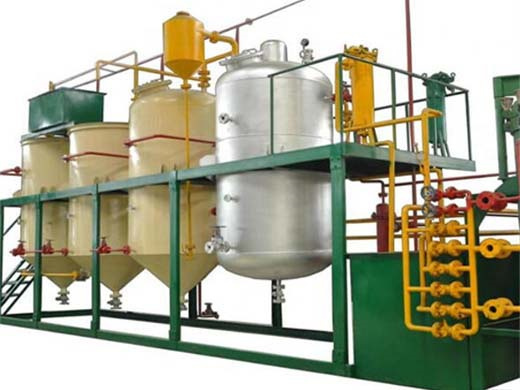
sunflower oil refining oil (vegetable) – Edible Oil Press
Professional Oil Refining Plant for Edible / Vegetable Oil Oil Dewaxing Section of the Oil Refining Plant. Oils like sunflower oil or maize germ oil (corn germ oil) have waxes present in them. At low temperatures these waxes give a hazy appearance to the oil. It is therefore essential to remove these waxes prior to bottling and marketing of the oil.
GET PRICE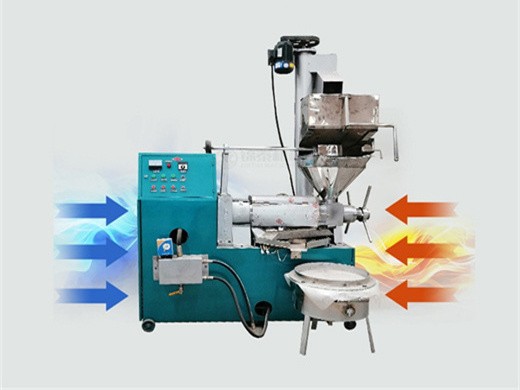
Neutralization Process, Oil Neutralization, Crude Oil
Second Stage of Vegetable Oil Refining Process. Neutralization or simply Neutralizing is the second process in the vegetable oil refining which commences after degumming completion. The feedstock is taken into the Neutralizers where the heating temperature range is kept at 55 C to 70 C depending on the quality of crude oil.
GET PRICE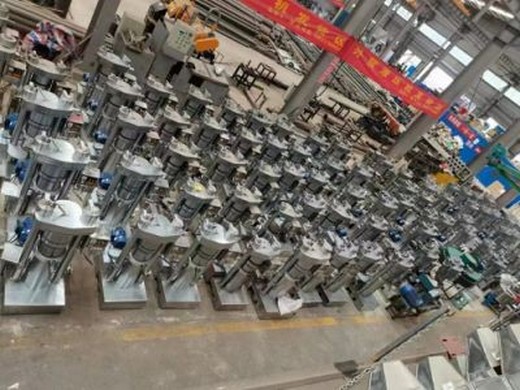
WO2008054228A1 - Method of oil purification, and uses
The current invention describes a new process of purifying oils. In particular, the present invention relates to a method which combines treatment with ad- or absorbing agents (AAs) and a membrane-based process for separating the oil from the contaminated AAs. Further, the present invention relates to the use of active carbon and membrane filtration for purifying oil and the use of purified
GET PRICE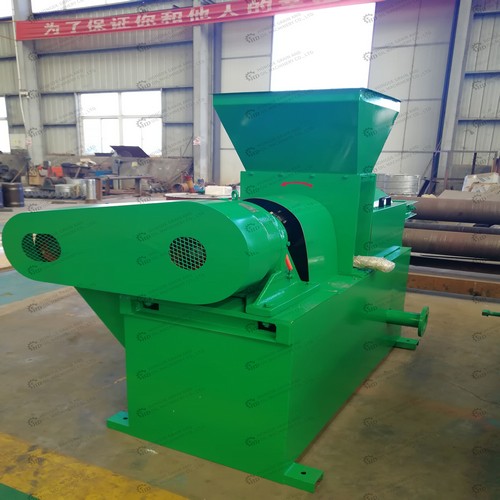
Adulterations in Some Edible Oils and Fats and Their
oils and fats and their detection methods. Several meth-ods have been used to check the purity of edible oils and fats. There is a necessity for food related organization to develop and utilize reliable methods to detect such adul-terations, which can make consumers and markets more certain on authenticity and purity of edible oils and fats.
GET PRICE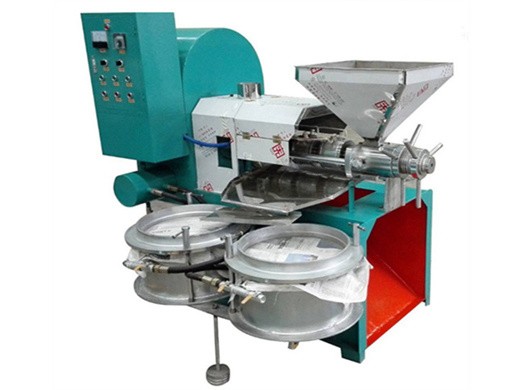
Deodorization Process, Oil Deodorization Process, Crude
Forth Step of Vegetable Oil Refining Process. Deodorization Process is the forth step in vegetable oil refining which commences after finishing the bleaching. Deodorization holds a big impact on the refined oil quality and is often considered as the heart of the entire edible oil refining method.
GET PRICE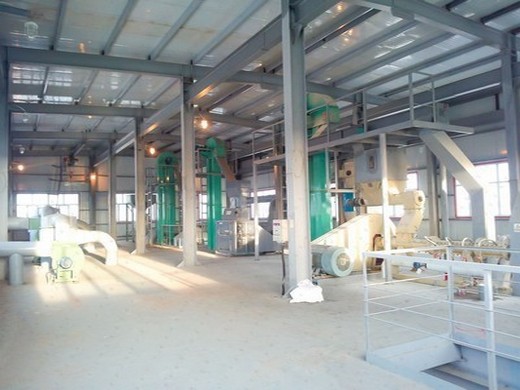
Solid particle filtration in waste vegetable oil and fats
In systems for removing sludge or filtering solid particles from waste vegetable oils, or removing impurities and contaminants from spent plant fats manufactured by Filtereco, the best components in the world are used to ensure excellent primary and secondary filtration, thereby achieving filtration parameters of up to 1 micron. Filtereco designs and produces solid particle filtration units
GET PRICE
What is Vegetable Oil? - Kosher Spirit
Vegetable oil is used to add flavor, assist with texture, and to cook food. How is Vegetable Oil made? Some oils, such as virgin olive oil, are cold pressed which is a very simple process; the olives are pressed, the oil comes out, is filtered, and ready to use. The majority of oils, however, go through a more complex process.
GET PRICE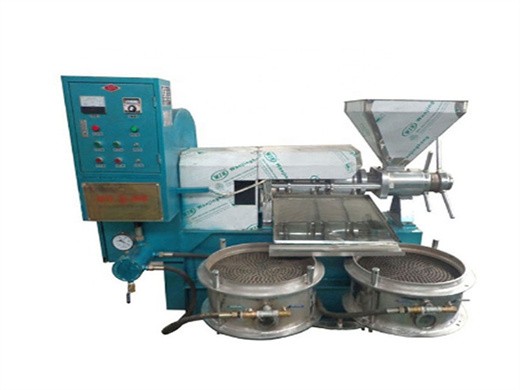
Degumming of vegetable oil by membrane technology
technology for refining crude vegetable oils has been documented recently4.8. Koseoglu4.6 reviewed applications of membrane technology in oil processing and also conducted a pilot plant study for degumming of crude vegetable oil by membrane technology. Bhowmick et al.7 has proposed degumming of rice bran oil using ceramic membrane.
GET PRICE